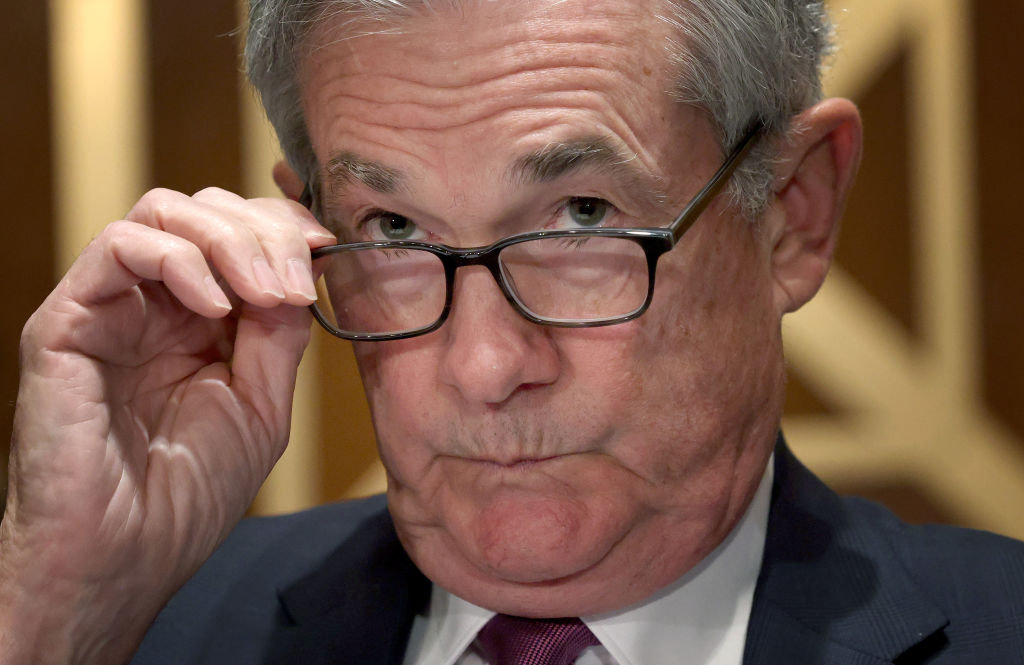A final year of intense work is expected for the main global central banks, with the markets having their lights on in particular on the meetings scheduled in the coming days of the Fed, BoE and ECB that will take stock of the monetary policy outlook and not only.
Fed, BoE and ECB: what to expect
The waltz ride begins tomorrow December 15 with the Federal Reserve (Fed) predicting Ostrum AM, a subsidiary of Natixis Investment Managers, after several statements, including that of President Jerome Powell, will foresee aacceleration of tapering.
Markets expect Fed funds to 0.70% at the end of 2022, i.e. two rate hikes and possibly a third; and Fed funds at 1.345% at the end of 2023, ie five rate hikes in the next two years, with the possibility that there will eventually be a sixth. On December 16, the appointment is double with the Bank of England (BoE) and the European Central Bank (ECB). For the former, the market expects a rate hike on December 16 with a probability of only 25%. On the other hand, he expects a rate hike for the MPC on February 3. “THE problems related to Brexit and the resurgence of the difficulties caused by the pandemic certainly explain this newfound coldness of the BoE – experts say -. After theU-turn of the latest MPC, the BoE is not far from inconsistent, the primary scenario is in fact that the BoE passes on December 16th “. As for the ECB, at the December meeting, the Governing Council will publish new macroeconomic projections, including the inaugural assessment for 2024. It will also communicate the pace of purchase of the pandemic emergency purchase program (PEPP) during the first quarter of next year, as well as disseminating the quantitative easing plan after the end of the PEPP in March 2022. Currently, the ECB buys around 70 billion euros per month under the Pepp, plus 20 billion euros per month under the regular asset purchase program (APP), a trend that we believe will continue widely in the first quarter of next year. Christine Lagarde clearly signaled the end of the PEPP in March, which would bring total QE to just 20 billion per month. The market consensus is for a doubling of the PEPP to 40 billion with more flexible rules, notably the inclusion of Greece in the program. According to experts, the ECB can reduce its purchases. A QE calibration in the range of 40-50 billion per month seems appropriate. As for the rate hike, the market appears to be moving too fast: 40 bps of rate hike at the end of 2023 seems like an excessive scenario to us and there is talk of no rate hike before 2024.
As regards strengthening forward guidance, after March bond purchases should be sufficient to guarantee financing conditions consistent with a return of inflation to 2% in the medium term. Ideally, an increase in purchases should be announced within the APP. However, the weakness of the euro could prompt the ECB to take support measures, so less generous measures on TLTROs could be considered. Konstantin Veit, Senior Portfolio Manager European Rates at Pimco, continues to think that the Governing Council it will avoid a cliff effect on asset purchases and instead choose to gradually reduce the pace from the current 90 billion euros per month to a stable rate of 40-60 billion euros per month over the course of the second quarter of next year. This could potentially materialize in the form of a post-PEPP transition envelope of € 200-300 billion for nine months. “We also think that the ECB will maintain the current framework for reviewing the pace of asset purchases on a regular basis, with the aim of gradually moving, over time, from a duration extraction tool to a pure interest rate reporting tool” he concludes.
